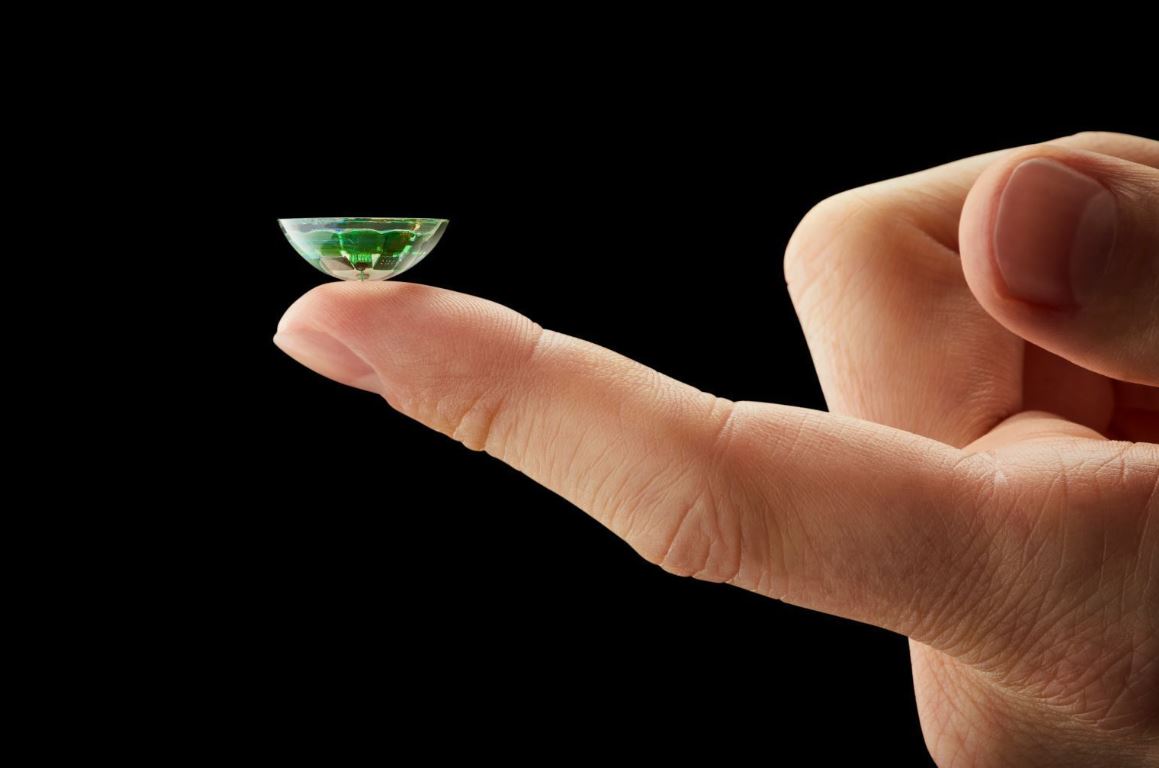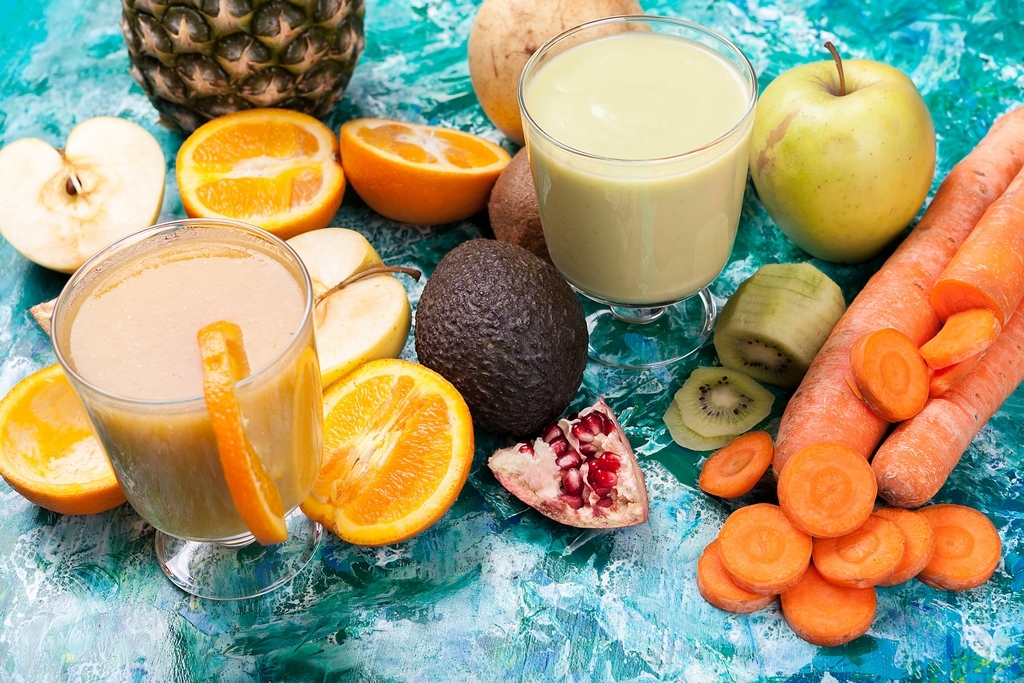Vegan milk is a type of plant-based milk that is made from a variety of sources, including almonds, soy, oats, and rice. It is a popular alternative to dairy milk for those who follow a vegan diet or who are lactose intolerant. Vegan milk is typically made by soaking and grinding the plant-based ingredient, then mixing it with water and straining it to remove any solids. It can be flavored and sweetened, and is often fortified with vitamins and minerals to make it nutritionally similar to dairy milk. There are several potential benefits to using vegan milk as a plant-based alternative to dairy milk:
Vegan milk is suitable for those who are lactose intolerant or have allergies or sensitivities to dairy products.
Vegan milk is a good option for those who follow a vegan diet or are looking to reduce their consumption of animal-derived products for ethical or environmental reasons.
Vegan milk is often fortified with vitamins and minerals, making it a nutritionally complete alternative to dairy milk.
Vegan milk is available in a variety of types, including almond milk, soy milk, oat milk, and rice milk, which can provide different flavors and nutrient profiles.
Vegan milk is typically lower in calories than dairy milk, making it a good option for those who are trying to watch their calorie intake.
It is important to note that not all types of vegan milk are nutritionally equivalent to dairy milk, and some may be higher in calories or sugars. It is important to choose a brand that is fortified with essential nutrients and to check the label to see what is included.
Which Vegan Milk is Closest to Real Milk?
Soy milk is often considered to be the vegan milk that is most similar to real milk in terms of flavor and texture. It is a good source of protein and is often fortified with vitamins and minerals, making it nutritionally similar to dairy milk. Soy milk has a creamy, slightly nutty flavor and can be used in a variety of ways, including as a substitute for dairy milk in coffee, tea, and baked goods.
Other types of vegan milk, such as almond milk and oat milk, may also be similar to real milk in terms of flavor and texture, but they may not be as nutritionally complete as soy milk. It is important to choose a fortified brand and to check the label to see what nutrients are included.
It is also worth noting that some types of vegan milk, such as rice milk and coconut milk, may not be as similar to real milk in terms of flavor and texture. They may have a sweeter or more distinctive flavor and may not be as suitable as a substitute for dairy milk in certain applications.
What Vegan Milk Is Best for Coffee?
The best vegan milk for coffee will depend on your personal preferences and dietary needs. Here are a few options to consider:
Soy milk: Soy milk is a good option for coffee because it has a creamy, slightly nutty flavor and is a good source of protein. It is also often fortified with vitamins and minerals, making it nutritionally similar to dairy milk.
Almond milk: Almond milk has a light, nutty flavor and is relatively low in calories. It is a good option for coffee if you are trying to watch your calorie intake.
Oat milk: Oat milk has a creamy, slightly sweet flavor and is a good source of fiber. It is a good option for coffee if you are looking for a nutritionally complete alternative to dairy milk.
Coconut milk: Coconut milk has a rich, creamy texture and a slightly sweet, tropical flavor. It is a good option for coffee if you enjoy a sweeter milk alternative.
It is important to note that some types of vegan milk, such as rice milk, may not be as suitable as a substitute for dairy milk in coffee due to their sweetness or distinctive flavor. It is also important to choose a fortified brand and to check the label to see what nutrients are included.
Almond milk
Almond milk has a nutty, slightly sweet flavor and can be used in a variety of ways, including as a substitute for dairy milk in coffee, tea, and baked goods. It is also commonly used in smoothies and as a base for vegan ice cream.
Some potential benefits of almond milk include:
Low calorie content: One cup of unsweetened almond milk contains about 30-40 calories, while one cup of whole cow’s milk contains about 150 calories. This makes almond milk a good option for those who are trying to watch their calorie intake.
Good source of calcium: Almond milk is a good source of calcium, with one cup containing about 450 mg, or 45% of the daily recommended intake. Calcium is important for strong bones and teeth, as well as proper muscle function and blood clotting.
Good source of vitamin E: Almond milk is also a good source of vitamin E, which is an antioxidant that helps to protect cells from damage caused by free radicals.
Hypoallergenic: Almond milk is often well tolerated by those with allergies or sensitivities to other types of plant-based milk or dairy milk.
Versatile: Almond milk can be used in a variety of ways and can be found in sweetened, unsweetened, and flavored varieties.
It is important to note that almond milk is not a good source of protein and should not be used as a sole source of nutrition.
Oats Milk
Oat milk is a type of vegan milk that is made from oats and water. It is a popular plant-based alternative to dairy milk because it is relatively low in calories and is a good source of fiber. Oat milk has a creamy, slightly sweet flavor and can be used in a variety of ways, including as a substitute for dairy milk in coffee, tea, and baked goods. It is also commonly used in smoothies and as a base for vegan ice cream.
One cup of oat milk contains about 120-130 calories, depending on the brand, and is a good source of fiber, with 2-4 grams per cup. It is also a good source of vitamins and minerals, including vitamin D, which is important for bone health. Some brands of oat milk are fortified with additional nutrients, so it is important to check the label to see what is included. Oat milk is generally considered to be a healthy option, but it is important to note that it is not a good source of protein.
Oat milk has a creamy, slightly sweet flavor and can be used in a variety of ways, including as a substitute for dairy milk in coffee, tea, and baked goods. It is also commonly used in smoothies and as a base for vegan ice cream.
Some potential benefits of oat milk include:
Low calorie content: One cup of oat milk contains about 120-130 calories, depending on the brand, which is similar to the calorie content of cow’s milk. This makes oat milk a good option for those who are trying to watch their calorie intake.
Good source of fiber: Oat milk is a good source of fiber, with 2-4 grams per cup. Fiber is important for maintaining regular bowel movements and can help to lower cholesterol levels.
Good source of vitamins and minerals: Some brands of oat milk are fortified with additional nutrients, including vitamin D, which is important for bone health.
Hypoallergenic: Oat milk is often well tolerated by those with allergies or sensitivities to other types of plant-based milk or dairy milk.
Versatile: Oat milk can be used in a variety of ways and can be found in sweetened, unsweetened, and flavored varieties.
It is important to note that oat milk is not a good source of protein and should not be used as a sole source of nutrition.
Rice Milk
One cup of rice milk contains about 120-130 calories, depending on the brand, and is a good source of carbohydrates. It is generally lower in protein and other nutrients compared to other types of vegan milk, such as soy milk and almond milk. Some brands of rice milk are fortified with additional nutrients, so it is important to check the label to see what is included. Rice milk is generally considered to be a healthy option, but it is important to note that it is not a good source of protein or other nutrients that may be found in other types of vegan milk.
Rice milk has a sweet, slightly grainy flavor and can be used in a variety of ways, including as a substitute for dairy milk in coffee, tea, and baked goods. It is also commonly used in smoothies and as a base for vegan ice cream.
Some potential benefits of rice milk include:
Low calorie content: One cup of rice milk contains about 120-130 calories, depending on the brand, which is similar to the calorie content of cow’s milk. This makes rice milk a good option for those who are trying to watch their calorie intake.
Hypoallergenic: Rice milk is often well tolerated by those with allergies or sensitivities to other types of plant-based milk or dairy milk.
Versatile: Rice milk can be used in a variety of ways and can be found in sweetened, unsweetened, and flavored varieties.
It is important to note that rice milk is generally lower in protein and other nutrients compared to other types of vegan milk, such as soy milk and almond milk. Some brands of rice milk are fortified with additional nutrients, so it is important to check the label to see what is included. Rice milk should not be used as a sole source of nutrition.
Soy milk
One cup of soy milk contains about 80-100 calories, depending on the brand, and is a good source of protein, with 6-8 grams per cup. It is also a good source of calcium, with 300 mg per cup, or about 30% of the daily recommended intake. Soy milk is generally considered to be a healthy option, but it is important to note that it is not a good source of vitamin D, which is important for bone health. Some brands of soy milk are fortified with vitamin D, so it is important to check the label if you are relying on soy milk as a source of this nutrient.
Soy milk has a creamy, slightly nutty flavor and can be used in a variety of ways, including as a substitute for dairy milk in coffee, tea, and baked goods. It is also commonly used in smoothies and as a base for vegan ice cream.
Some potential benefits of soy milk include:
Good source of protein: One cup of soy milk contains about 6-8 grams of protein, which is similar to the protein content of cow’s milk. Protein is important for building and repairing tissues and can help to keep you feeling full and satisfied after eating.
Good source of calcium: Soy milk is a good source of calcium, with 300 mg per cup, or about 30% of the daily recommended intake. Calcium is important for strong bones and teeth, as well as proper muscle function and blood clotting.
Hypoallergenic: Soy milk is often well tolerated by those with allergies or sensitivities to other types of plant-based milk or dairy milk.
Versatile: Soy milk can be used in a variety of ways and can be found in sweetened, unsweetened, and flavored varieties.
It is important to note that soy milk is not a good source of vitamin D, which is important for bone health. Some brands of soy milk are fortified with vitamin D, so it is important to check the label if you are relying on soy milk as a source of this nutrient.
Why is Cow Milk not Vegan?
Vegan Milk good for Weight Loss?
Some types of vegan milk may be helpful for weight loss, while others may not be as effective. It is important to consider the calorie and nutrient content of different types of vegan milk when trying to lose weight.
Almond milk is a type of vegan milk that is low in calories and can be a good option for weight loss. One cup of unsweetened almond milk contains about 30-40 calories, while one cup of whole cow’s milk contains about 150 calories. Almond milk is also a good source of calcium and vitamin E, which can be helpful for maintaining healthy bones.
Soy milk is another type of vegan milk that may be helpful for weight loss. It is a good source of protein, which can help you feel full and satisfied after eating. One cup of unsweetened soy milk contains about 80-100 calories, depending on the brand.
It is important to note that not all types of vegan milk are low in calories or healthy for weight loss. Some types, such as coconut milk and rice milk, are high in calories and may not be as effective for weight loss. It is also important to be mindful of added sugars and other sweeteners in vegan milk, as these can contribute to weight gain.
Can vegan milk provide us with enough calcium?
Some types of vegan milk can be a good source of calcium, while others may not contain as much calcium. Calcium is an essential nutrient that is important for strong bones and teeth, as well as proper muscle function and blood clotting. The recommended daily intake of calcium for adults is 1000 mg per day for men and women up to age 50, and 1200 mg for women over age 50 and men over age 70.
Soy milk is a type of vegan milk that is a good source of calcium. One cup of fortified soy milk contains about 300 mg of calcium, which is about 30% of the daily recommended intake. Almond milk is also a good source of calcium, with one cup containing about 450 mg, or 45% of the daily recommended intake. Other types of vegan milk, such as rice milk and coconut milk, may not contain as much calcium. It is important to check the label and choose a fortified brand if you are relying on vegan milk as a source of calcium.
It is also important to note that calcium is found in a variety of plant-based foods, including leafy green vegetables, nuts and seeds, and fortified foods such as orange juice and tofu. Including a variety of these foods in your diet can help ensure that you are getting enough calcium.
Why vegan do not drink milk?
Other vegans may avoid milk and other animal-derived products for health reasons. They may believe that plant-based diets are more healthful and sustainable, and that consuming animal-derived products can increase the risk of certain health problems, such as heart disease and certain types of cancer.
Still, other vegans may avoid milk and other animal-derived products for environmental reasons. They may believe that the production of animal-derived foods has a negative impact on the environment, due to issues such as water and land use, deforestation, and greenhouse gas emissions.





